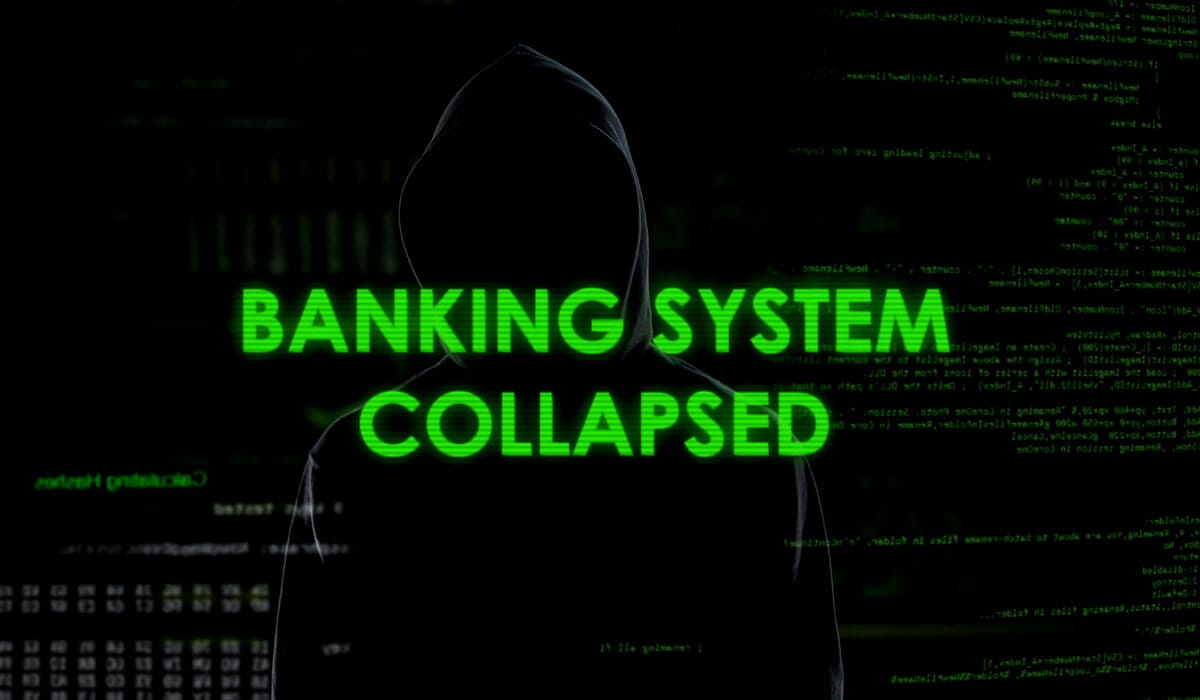Lessons Learned: Cybersecurity Challenges Faced By The UK Banking Sector
Written By:

Rob Stevenson
Founder

The UK banking sector has faced several notable cyber attacks that have highlighted ongoing cybersecurity challenges in the industry.
In recent years, three significant incidents have grabbed attention: the Tesco Bank cyber attack (2016), the TalkTalk cyber attack (2015), and the Lloyds Banking Group DDoS attack (2017).
These incidents have provided valuable insights and lessons for financial institutions to improve their cybersecurity practices.
Let’s delve into each incident and explore the key takeaways that can help strengthen the security measures of financial institutions.
TalkTalk cyber attack (2015)
The TalkTalk cyber attack refers to a significant cybersecurity incident in October 2015, targeting the British telecommunications company TalkTalk.
The attack resulted in the unauthorised access of sensitive customer data, including names, addresses, dates of birth, email addresses, phone numbers, and, in some cases, financial information.
During the attack, hackers exploited vulnerabilities in TalkTalk’s website infrastructure, accessing customer data stored in their systems. The breach affected thousands of TalkTalk customers and raised concerns about data security and privacy.
Ultimately, TalkTalk was hit with a £400,000 fine for the security failings that led to the breach.
Tesco Bank cyber attack (2016)
In November 2016, the Financial Conduct Authority (FCA) fined Tesco Bank £16.4 million for a wide-scale cyber attack.
The attack resulted in unauthorised transactions and affected thousands of Tesco Bank customers.
The FCA’s investigation found that Tesco Bank failed to exercise due skill, care, and diligence to protect its customers’ accounts from the cyber attack.
The breach occurred due to vulnerabilities in Tesco Bank’s debit card system, which allowed cybercriminals to exploit weaknesses and initiate fraudulent transactions.
Lloyds Banking Group DDoS Attack (2017)
In January 2017, Lloyds Banking Group was hit by a Distributed Denial of Service (DDoS) attack.
During a DDoS attack, cybercriminals use a network of compromised computers to flood a targeted system with a massive volume of traffic. This overwhelms the system’s servers and causes disruption to services.
The attack on Lloyds Banking Group resulted in intermittent disruptions to their online banking services, making it difficult for customers to access their accounts and perform transactions.
What did we learn from these breaches?
The most valuable lessons we learned from the above financial cyber security attacks are the following:
- The need for robust security measures: Regular vulnerability assessments and penetration testing can help identify and address potential weaknesses before they are exploited.
- More cybersecurity awareness: Financial institutions must invest in cybersecurity awareness and training for employees.
- Faster incident response: A well-defined incident response plan is essential. Financial institutions should be prepared to respond quickly and effectively during a cyber attack.
- Regulatory compliance: Financial organisations must ensure compliance with regulatory requirements related to data security and customer protection.
- Better customer communication and support: Organisations in the banking sector should promptly inform customers of the breach and the steps being taken to mitigate risks. They should also provide support for any issues arising from the attack.
- Importance of functioning data backups: Financial institutions can mitigate the impact of cyber-attacks with data backups. It’s essential to ensure that the backups are not only created but also thoroughly tested for their ability to restore data when required. Data loss incidents often arise from non-functional or incomplete backup systems.
- Ransomware protection: Ransomware protection is crucial to prevent devastating attacks. A key part of this protection is having a ransomware-proof data backup solution. This ensures that backup data remains immune to ransomware encryption and can be easily restored in case of an attack.
Protect your data from cyber-attacks with BackupVault!
At BackupVault, we understand how crucial it is to protect sensitive financial data. Our mission is to provide tailored backup solutions for organisations in the banking sector.
With BackupVault, you get access to independent advice and multiple trusted backup vendors. We work to ensure you receive the perfect solution that meets your unique needs.
Regularly backing up your data with BackupVault creates a strong defence against cyber threats.
If an attack occurs, you can quickly restore your systems and recover your data, minimising downtime and mitigating the impact.


